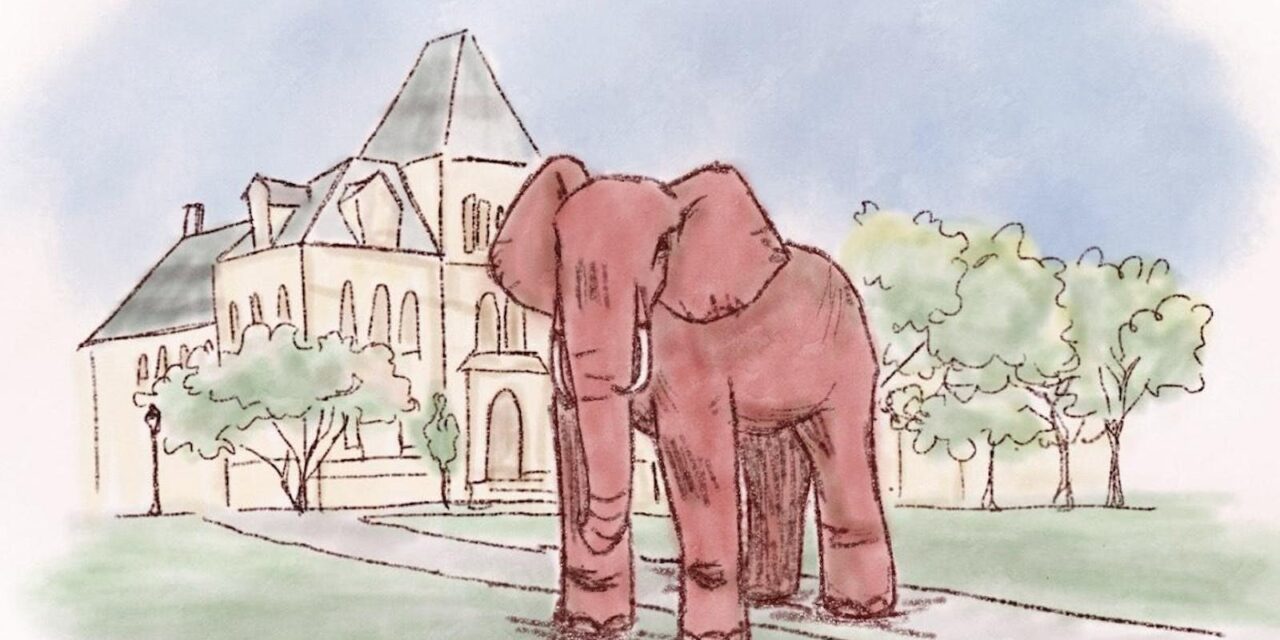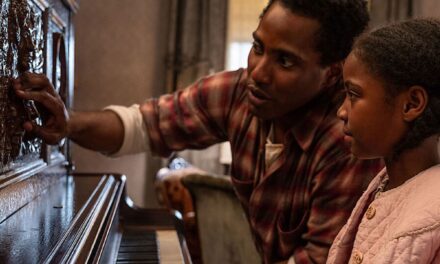
Consider this political party: Slightly more than half of the party supports same-sex marriage, but the state with the largest concentration of these voters has banned it. Only 24% believe that Black Americans face a lot of discrimination and 17% think women face significant discrimination. Around 40% say that new immigrants are a burden on America. Unsurprisingly, a president that they widely supported deported undocumented immigrants at a faster rate than the previous administration, calling many “criminals.” Meanwhile, 92% of these voters rank the economy as their top voting priority, while only about a third place equal importance on abortion.
You might not expect it, but this is actually a description of the Democratic Party in 2008, the year Barack Obama was elected president. Since then, Democrats have moved significantly left on social issues. This shift has been so great that it obscures the fact that Republicans, especially younger ones, have also become more progressive on many social issues — nearly as liberal as Democrats were around 2008.
Republicans hold more liberal views on race than ever before. Between 2009 and 2019, the percentage of Republicans who believe that Black Americans face significant discrimination nearly doubled, almost matching the share of Democrats who held this view in 2009. This shift, however, is overshadowed by the fact that the percentage of Democrats agreeing with this statement increased 45% during the same period. Among younger Republicans, this increased awareness of racial discrimination has been even more pronounced — 62% now say it’s somewhat or very good that there is increased public attention on the history of racism in the U.S. Additionally, the share of Republicans who believe the country needs to make changes to ensure racial equality grew by nearly 10%, though this too is eclipsed by an almost 25% increase among Democrats.
Republicans have also become far more liberal with regard to religious issues. Many once opposed same-sex marriage on religious grounds, but by 2022, a higher percentage of Republicans supported same-sex marriage than Democrats did in 2008. By 2014, 61% of young Republicans were already in favor. It’s perhaps no surprise, then, that in 2020 the most conservative Supreme Court in nearly a century ruled 6-3 in favor of protecting LGBTQ+ rights in the workplace. Neil Gorsuch, a staunch right-wing justice, wrote the majority opinion. Similarly, while Republicans traditionally opposed abortion on religious grounds, almost 60% of Republicans and Republican-leaning independents now believe that abortion should be legal in all or most cases — only slightly lower than the 63% of Democrats who agreed with this in 2008 (that last figure has since increased to 85%). Yes, the aforementioned conservative Supreme Court made the unpopular decision to overturn Roe v. Wade in 2022, but the broader trend is undeniable. In fact, beyond these specific issues, Republicans have also become more liberal about religion itself. Between 2016 and 2020, the percentage of Republicans who believe that one must be Christian to be “truly American” fell by 15%. The overall share of Christian Republicans has declined, while the share of religiously unaffiliated Republicans has risen.
ADVERTISEMENT
While Republicans continue to favor stricter border policies — which are relatively popular among Americans overall — and support deporting undocumented immigrants, their views of immigrants themselves have actually become more positive. Between 2016 and 2020, the share of Republicans who believed that a person needs to be born in the U.S. to be “truly American” decreased by 14%, though this was again overshadowed by a 25% decrease among Democrats. Similarly, the percentage of Republicans who said that a person needs to speak English to be “truly American” declined by 7%, which was obscured by a 22% drop among Democrats. During this same period, there was also a 13% increase in Republicans agreeing that “newcomers strengthen American society.”
Once again, younger Republicans are relatively more liberal on these issues than their older counterparts. Half believe that there should be a way for undocumented immigrants to stay in the U.S. legally and that “America’s openness to people from all over the world is essential to who we are as a nation.” Altogether, this leftward ideological shift on race and immigration may help explain why Donald Trump will likely win a higher share of non-white voters in the upcoming election than any Republican candidate since the Civil Rights Act was passed.
The implications of this change for the upcoming presidential election are difficult to predict. Both candidates have anchored their campaigns on hot-button social issues — Trump on immigration, Harris on abortion. Yet, if polls are to be trusted (and they should be), voters aren’t primarily driven by social issues. For both Democrats and Republicans, the economy and healthcare are the two most important issues by a wide margin. This holds true even among young Democrats, who are often at the forefront of social activism. Issues that may appear critical in deciding the election within our bubble at Brown, such as the Israel-Hamas war, do not carry the same significance for most Americans. Despite widespread campus protests — mostly at elite universities — young Americans ranked the war lower in importance than 14 out of 15 other issues.
Regardless of how these shifting social views may (or may not) impact the upcoming election, two messages are clear. For Republicans worried about the “woke mob”: you’re likely almost as liberal as the Democrats were on many issues not too long ago. Likewise, for Democrats concerned about “MAGA extremists”: a few election cycles ago you were probably almost as socially conservative as some of these “extremist” Republicans currently are.
Ben Aizenberg ’26 can be reached at benjamin_aizenberg@brown.edu. Please send responses to this opinion to letters@browndailyherald.com and other op-eds to opinions@browndailyherald.com
ADVERTISEMENT


